ADHD: From Discouragement to Enthusiasm
Posted on June 23, 2014 by Debra Burdick
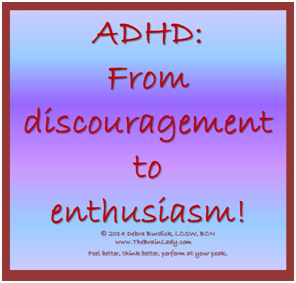 When you live with ADHD you often feel discouraged throughout your day as you struggle to deal with the symptoms of ADHD that make it difficult for you to concentrate and gets things done on time. This happens to kids, teens and adults alike. It is easy to understand how this happens as you experience repeated frustration and often feel like a failure as you try your best to pay attention, remember everything, organize your time, stuff and work – and still don’t succeed. (Click here to make sure it really is ADHD.)
When you live with ADHD you often feel discouraged throughout your day as you struggle to deal with the symptoms of ADHD that make it difficult for you to concentrate and gets things done on time. This happens to kids, teens and adults alike. It is easy to understand how this happens as you experience repeated frustration and often feel like a failure as you try your best to pay attention, remember everything, organize your time, stuff and work – and still don’t succeed. (Click here to make sure it really is ADHD.)
You get a lot of negative messages from your parents, teachers, bosses, and spouses. This starts early. One 6 year old told me he knew his ADHD medication was working the very first day he took it because “no one yelled at me all morning.” This continues at home and through school, college, and on into the workplace.
It can be very discouraging to try your very best and then get a poor grade or a poor review at work. Or to lose something you need for your project. Or to be so disorganized or distracted that it takes you twice as long to finish your work. Or to get yelled at because you forget to do something you promised your parent or spouse.
This pattern often leads to a habit of negative self-talk. “Why bother, I know I can’t get it done in time?” “I am stupid.” “No one will ever hire me.” “There must be something wrong with me.” “It doesn’t matter how hard I try, I never get a raise.”
Unfortunately this steady stream of negative self-talk can become a self-fulfilling prophesy. You may give up before you really master something. You expect to fail. Your anxiety level is always too high as you worry about getting stuff done. You very likely become depressed.
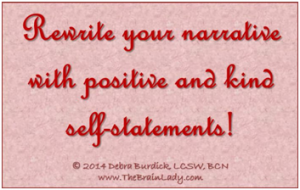 Writing a new narrative can help you counteract this. What is a new narrative? Think of this as how you narrate your life. This involves changing how you see yourself, think about yourself, and most importantly, how you talk to yourself. It means changing your inner critic to your inner cheerleader.
Writing a new narrative can help you counteract this. What is a new narrative? Think of this as how you narrate your life. This involves changing how you see yourself, think about yourself, and most importantly, how you talk to yourself. It means changing your inner critic to your inner cheerleader.
The first step is to increase your awareness of your inner dialogue about yourself. Just pay attention to what you are saying to yourself inside your head as you go about your day. Is it negative? Is it self-defeating? Or is it encouraging and kind? Is it helpful or hurtful? Would you say it to someone else?
If you notice a negative self-statement then replace it with a more positive one. Make sure it is a positive statement you can believe. For example, instead of saying “I’m stupid” you might say “Even though I make mistakes sometimes, I am learning new ways to improve.” Or replace, “I will never get this done on time so I’m not even going to try” with “I know this will take some extra time and planning, and maybe even some help from my assistant, but I will do my best to get the most important things done on time.” There, doesn’t that feel better already? Do you begin to feel the shift from discouragement to enthusiasm? From “I can’t” to “Maybe I really can”?
The next step is to put things in perspective. It helps to understand that ADHD is a brain-based disorder which means your brain works differently, not worse, than a brain without ADHD. This can present some challenges – that’s true, but it can also provide you with an abundance of creative energy and enthusiasm when positively channeled. Many leaders, performers and inventors have ADHD.
The key to this is to identify your strengths and focus your activity on things you do well and get help for the rest. Sure, this isn’t always possible but if you clear your plate of those mundane things that really aggravate you and keep you from succeeding and focus on the things that you are really good at and even enjoy you will move from discouragement to enthusiasm. For example, if you are someone who writes best while speaking out loud, then use a Dictaphone or a program that types while you speak, or hire someone to type for you. If you are great at creating an ad campaign concept but not at using the program to email the ad to potential customers, then focus on the design and let others implement it. Robin Williams is a fantastic entertainer (ADHD, eh?) but I’m sure he focuses on creating his whacky material and let’s his staff do all the logistics when he goes on tour.
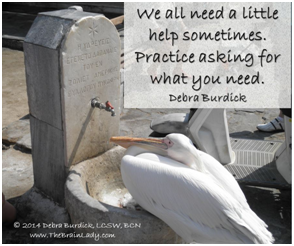 The third step is to get help when you need it. You don’t need to do this alone. This can include a tutor, a psychotherapist, a neurotherapist, an ADHD coach, an assistant, or even medication. Here is some help with learning and practicing mindfulness skills or learning stress management techniques. You might download some apps for your smartphone to keep you organized and on time. Here are 20 apps to help you stay organized: https://www.healthline.com/health/adhd/top-iphone-android-apps#asana
The third step is to get help when you need it. You don’t need to do this alone. This can include a tutor, a psychotherapist, a neurotherapist, an ADHD coach, an assistant, or even medication. Here is some help with learning and practicing mindfulness skills or learning stress management techniques. You might download some apps for your smartphone to keep you organized and on time. Here are 20 apps to help you stay organized: https://www.healthline.com/health/adhd/top-iphone-android-apps#asana
When discouraged, think about what things in your life that you have enjoyed or would like to try. Imagine you are doing those things. This will help you shift your negative energy to a more positive energy. Imagine feelings enthused. What does it feel like? When have you felt that way before? What lights the fire under you, gives you energy and makes you smile.
Rewrite your narrative. Move from discouragement to enthusiasm. Include encouragement, hope, positive feelings, kindness, compassion and self-love. You are terrific! Remember that.
I would love to hear your personal experiences with this topic.
Categories: ADHD, Anxiety, Depression, Peak Performance, Stress

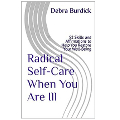

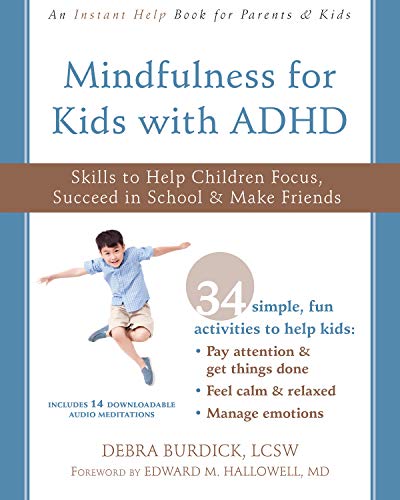
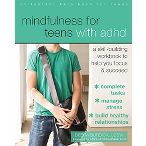
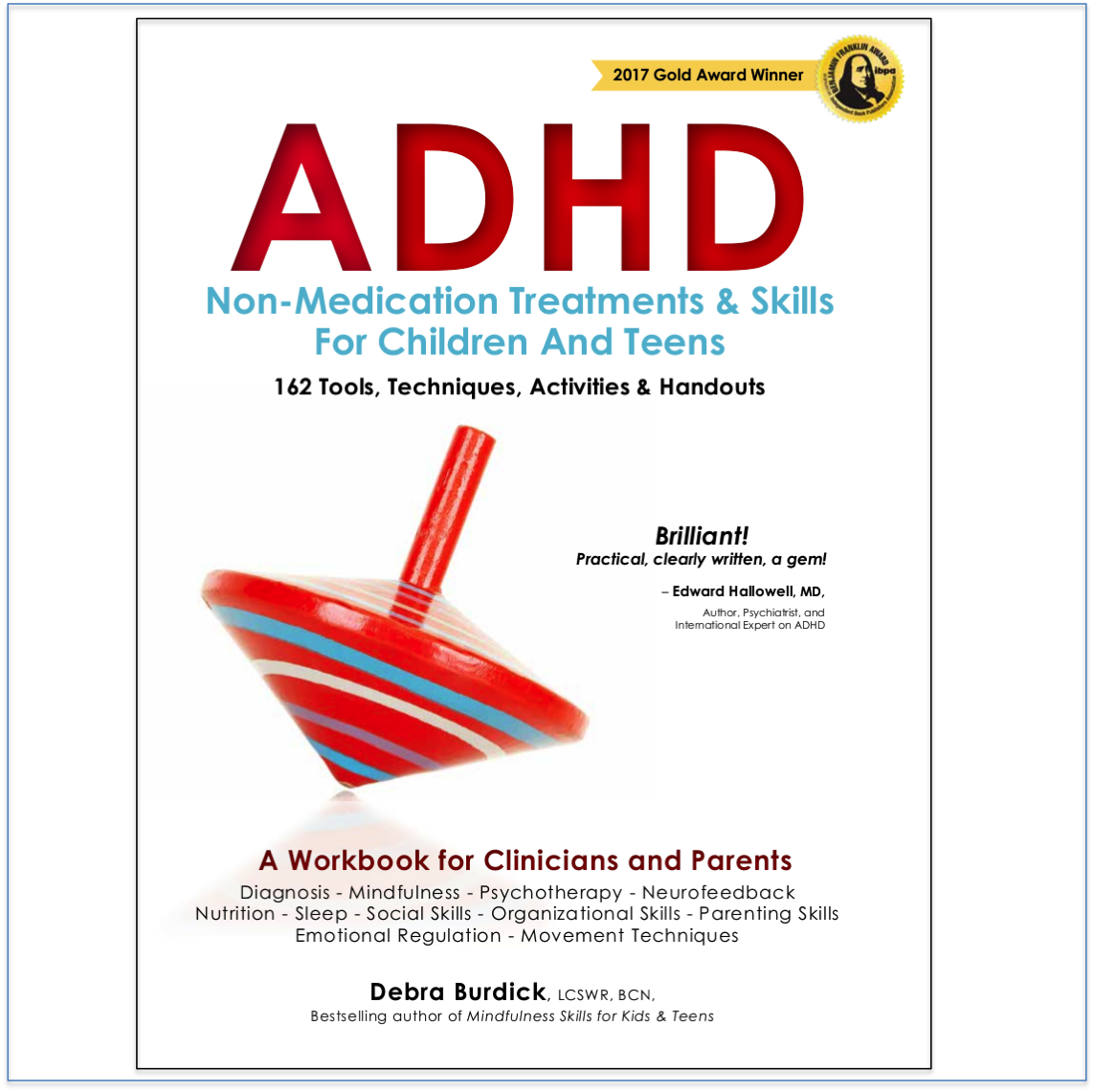
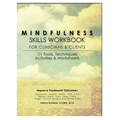
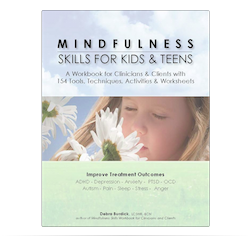
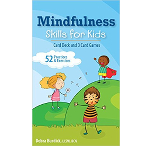
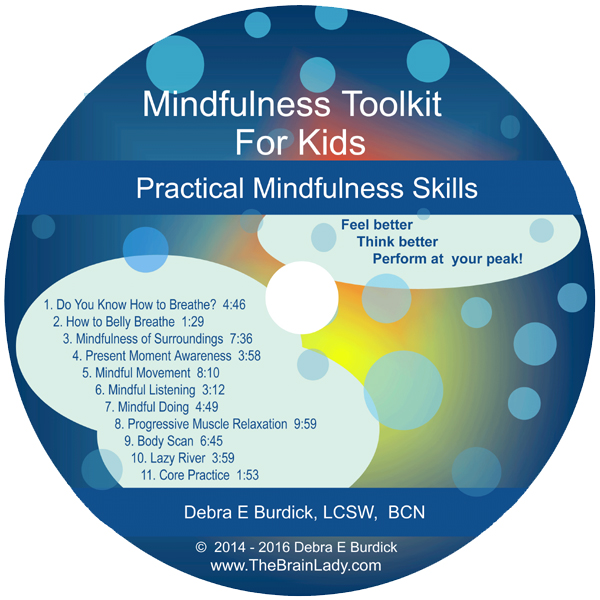
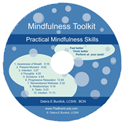
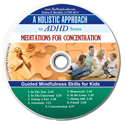
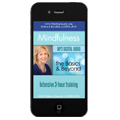
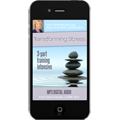
2 comments
Thank you for this article and advice. I needed it today as I’m feeling overwhelmed, and discouraged. I need to learn better self talk. I often feel dumb, forgetful and give up easily. I’m going to try and change my narrative
Hi Heather,
Glad the article helped. Our narrative can definitely change how we see the world and how it shows up for us.
Best wishes,
Deb
The comments are closed.